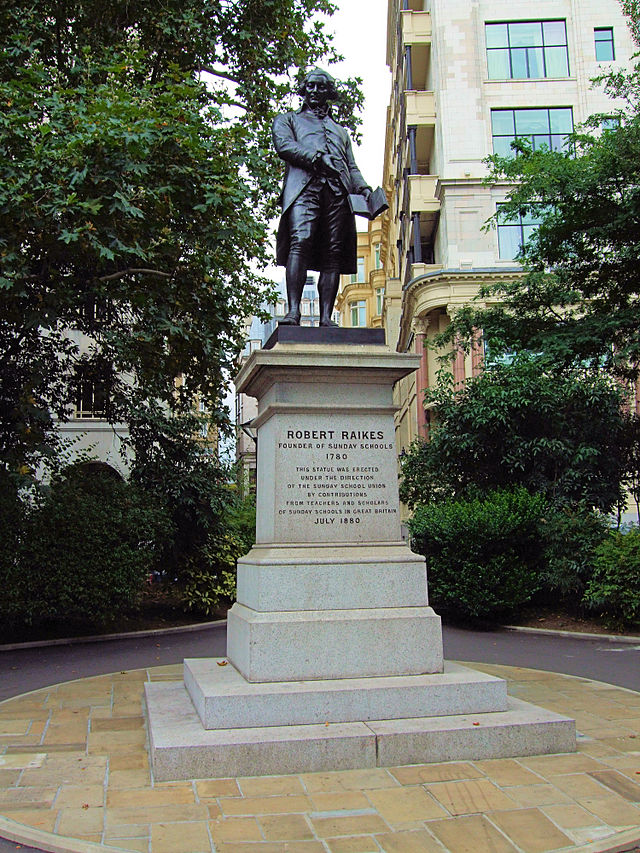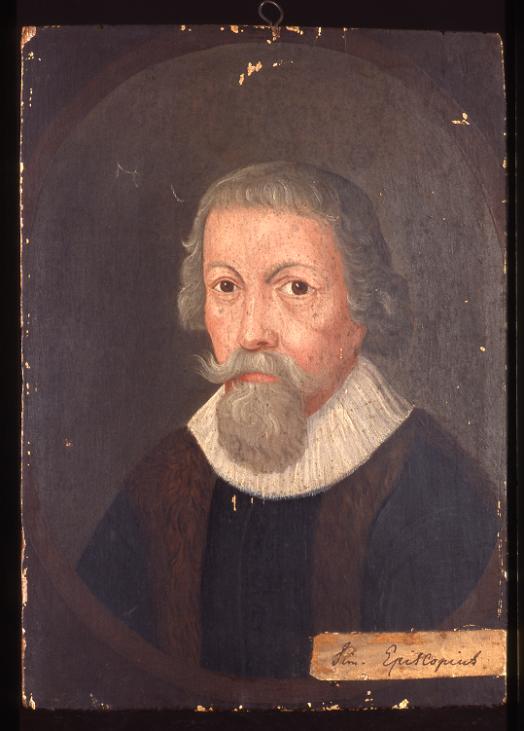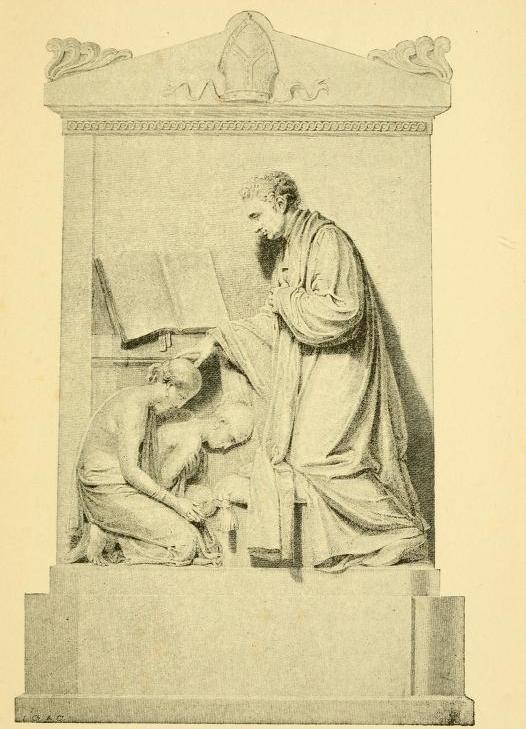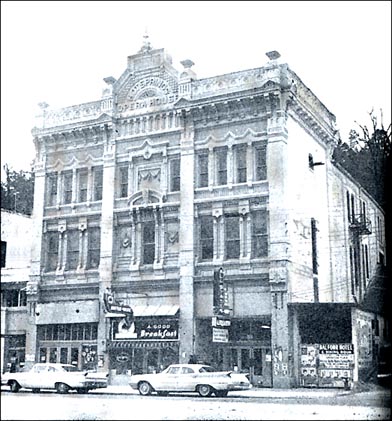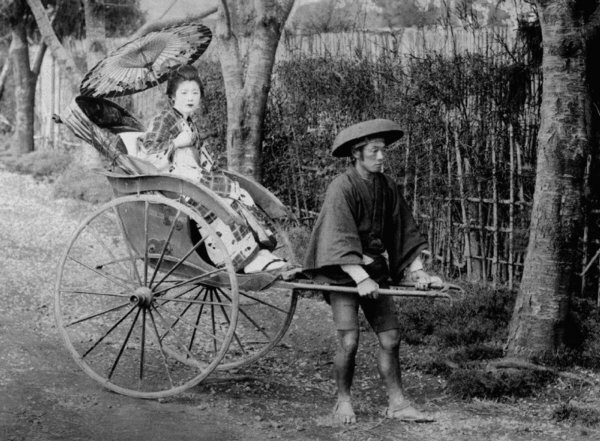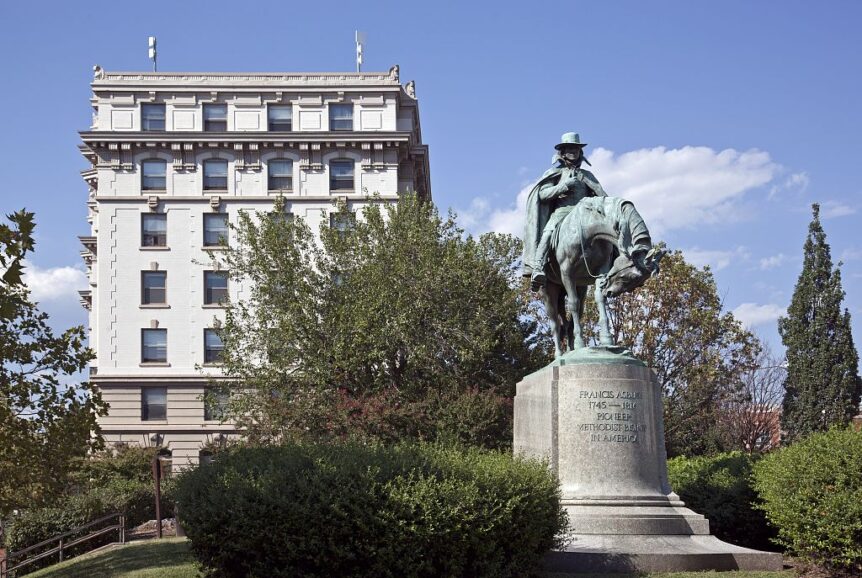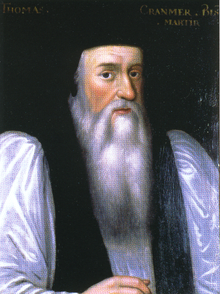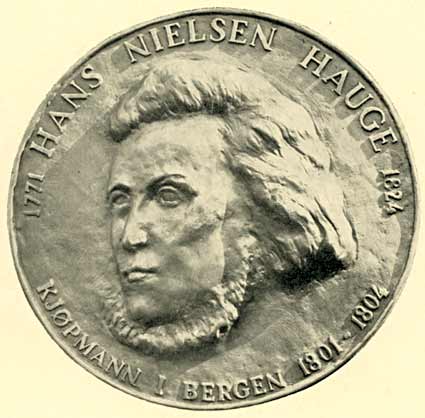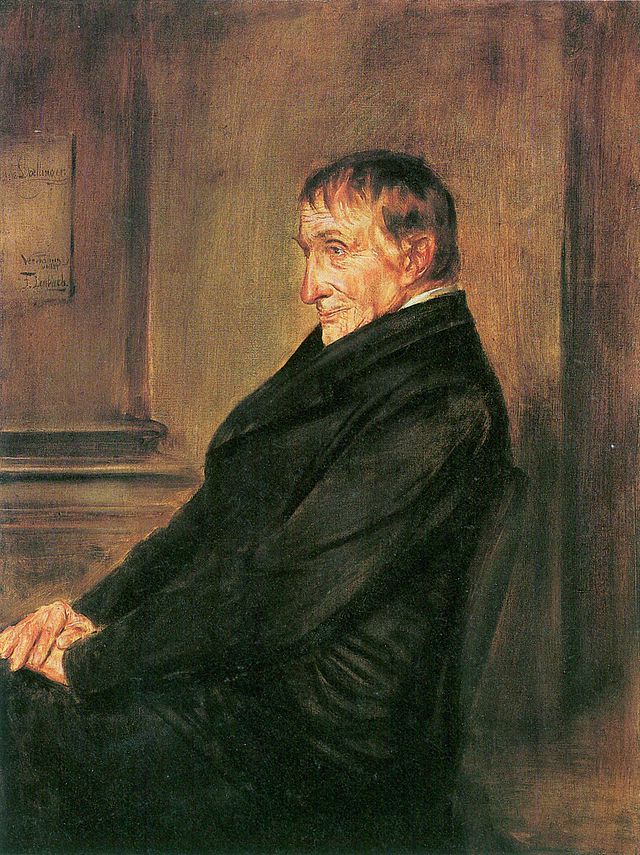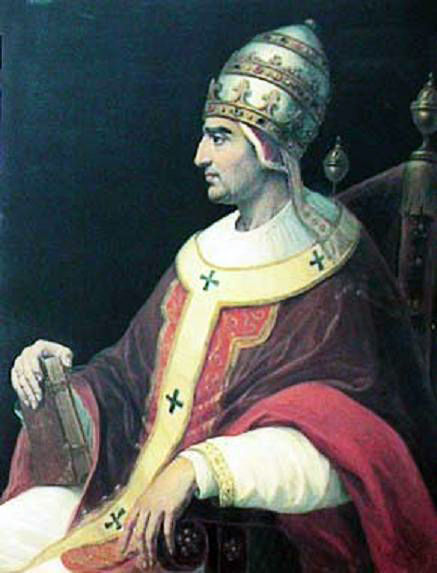Did you go to Sunday School today? If so, you can thank Robert Raikes who died on April 5, 1811 in Gloucester, England. Raikes was a printer who couldn’t understand why there were so many young children known as “white slaves” getting into trouble on Sundays. He learned they worked in factories 6 days a week and most of their …
April 4, 1634 – Simon Episcopius
In the early 1600’s the discussion of Calvinism grew to a heated debate known as the Synod of Dort which took place in Amsterdam, Holland in 1618. The lead opponent of Calvinism was Jacob Hermann better known under his Latinized name Jacobus Arminius and we now call the theology Arminianism which sounds better than not-Reformed-Calvinist. Arminius’ student and a leader …
April 3, 1826 – Bishop Reginald Heber
Before he died at age 42, Reginald Heber had been a world traveler from his home in England. He spent considerable time travelling Scandinavia and Russia and settled in India as an Anglican missionary. Eventually he was named bishop for Calcutta (where this picture of a statue of him was taken) but one of his passions was poetry from his …
April 2, 1914 – Assemblies of God
What happens when the Holy Spirit and a “city of sin” meet? On April 2, 1914 over 300 Pentecostals converged at the Grand Opera House in Hot Springs, Arkansas for a convention. After meeting for 10 days the result was a lot of good preaching and the birth of the Assemblies of God denomination.
April 1, 1826 – Jonathan Goble
You never know how the Lord will work. When Baptist missionary Jonathan Goble arrived in Japan on April 1, 1826 to begin his mission work with his wife, who knew Mrs. Goble would become ill eleven years later. Doctors told him it would be good for her health if she got outdoors and the remedy was to have 4 men …
March 31, 1816 – Francis Asbury
Francis Asbury was a major figure in the growth of what today we call the United Methodist Church. Asbury, who died on March 31, 1816, was a circuit riding missionary that traveled thousands of miles on horseback in the United States before and after the Revolutionary War. He and Thomas Coke were the first two bishops (or superintendents) of the …
March 30, 1533 – Archbishop Thomas Cranmer
When Henry VIII appointed Thomas Cranmer Archbishop of Canterbury on March 30, 1533, Cranmer wasn’t crazy about the idea. He eventually gave in and used his influence to do two things: grant Henry his long-desired divorce from Catherine of Aragon and to make the Church of England more and more Protestant. None of that set well with Catherine’s daughter the …
March 29, 1824 – Hans Hauge
Norwegian Hans Hauge early on in his life felt a need to know more about God and began to preach. Preaching was illegal in Norway if you were not licensed or approved by the Lutheran church but that didn’t stop him as he went from house to house and town to town in the early 1800’s. When he died on …
March 28, 1871 – Ignatius von Döllinger
When the First Vatican Council met from 1869-1870 one of the subjects that became a dogmatic teaching was the infallibility of the Pope. That means the Pope can not make a mistake and he is perfect. One German priest didn’t buy into that named Ignatius von Döllinger who said, “As a Christian, as a theologian, as a historian, as a …
March 27, 1378 – Pope Gregory XI
Will the real Pope please stand? There was a time in the 1300’s and 1400’s where up to three men claimed to be the Pope at the same time. Some of them were headquartered in Avignon, France and not in Rome as you might think so it was battle of the popes-and-the-antipopes. Pope Gregory XI was the last universally-accepted of …
